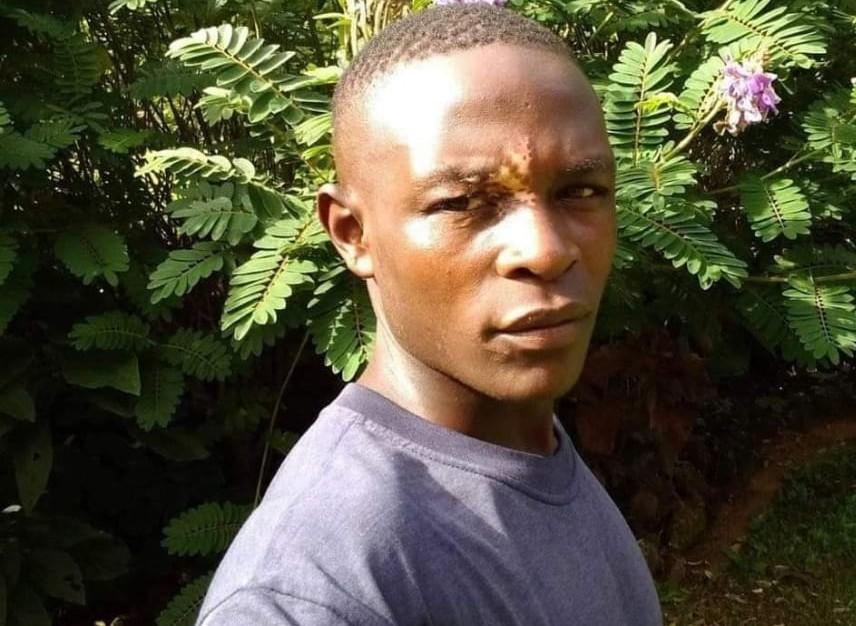Warning: This article contains graphic photos.
JOS, Nigeria—Before a celebration of conflict reporting could even begin, the tragedy of conflict intruded.

JOS, Nigeria—Before a celebration of conflict reporting could even begin, the tragedy of conflict intruded.